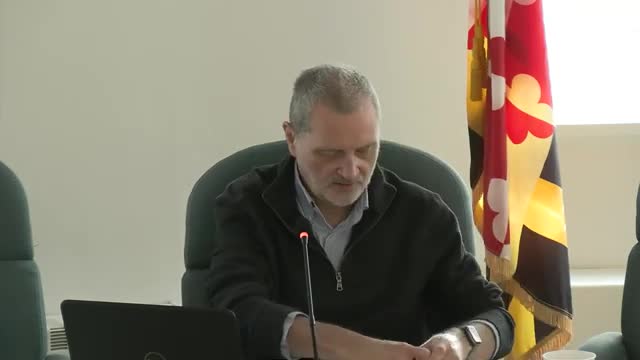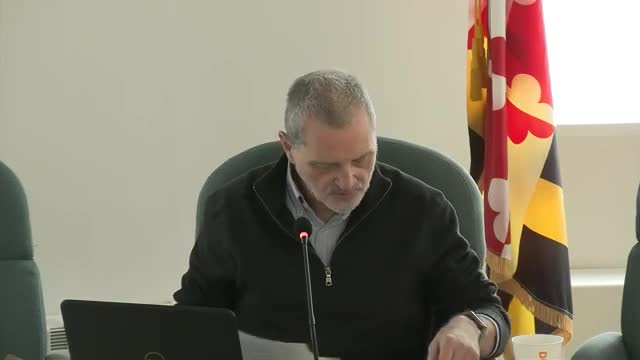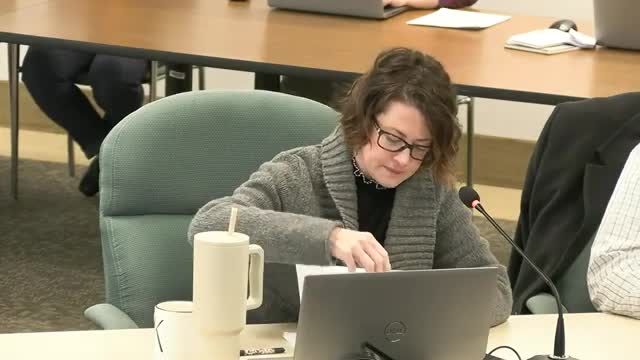Article not found
This article is no longer available. But don't worry—we've gathered other articles that discuss the same topic.

Board discusses criteria for Lisenbee principal tier; raises equity and implementation questions

Parent tells board special-education protections are being violated in Prince George's County schools

